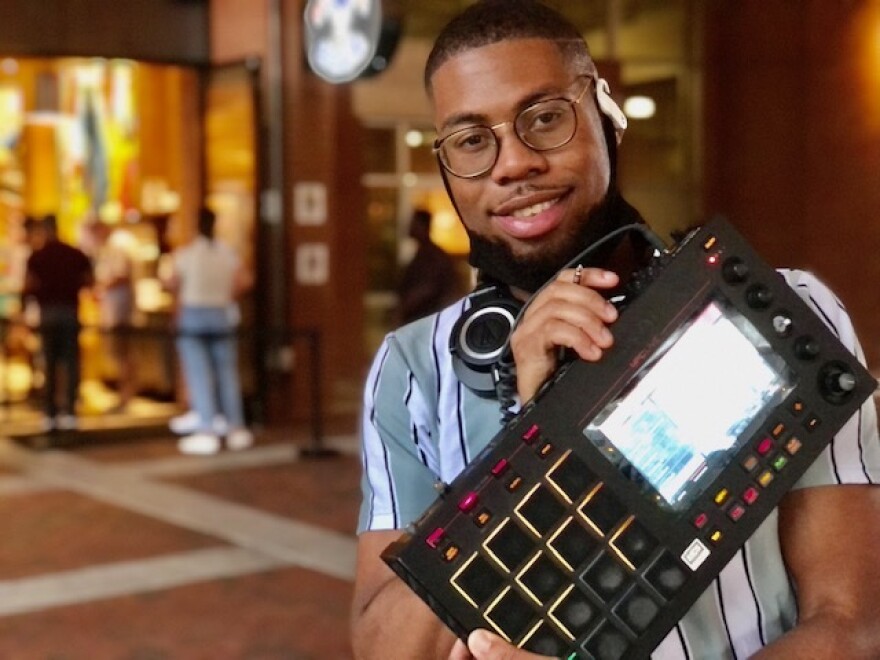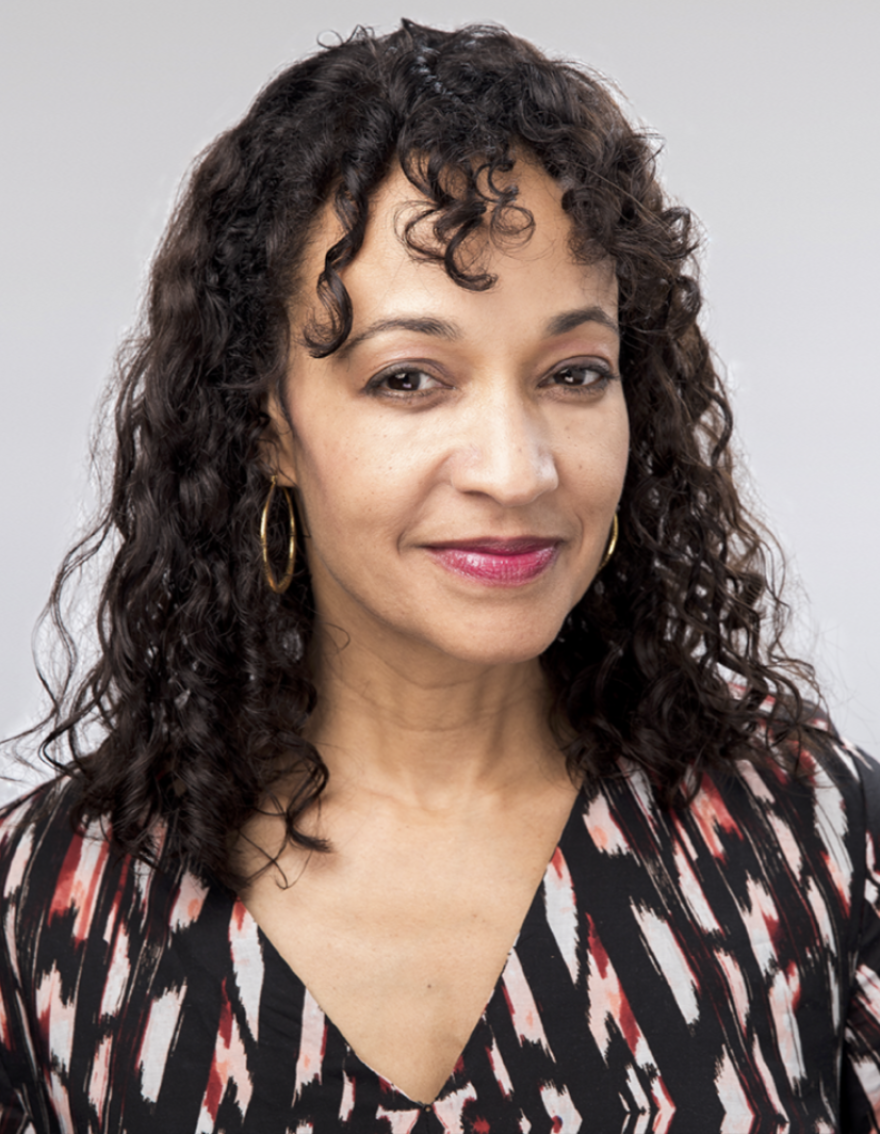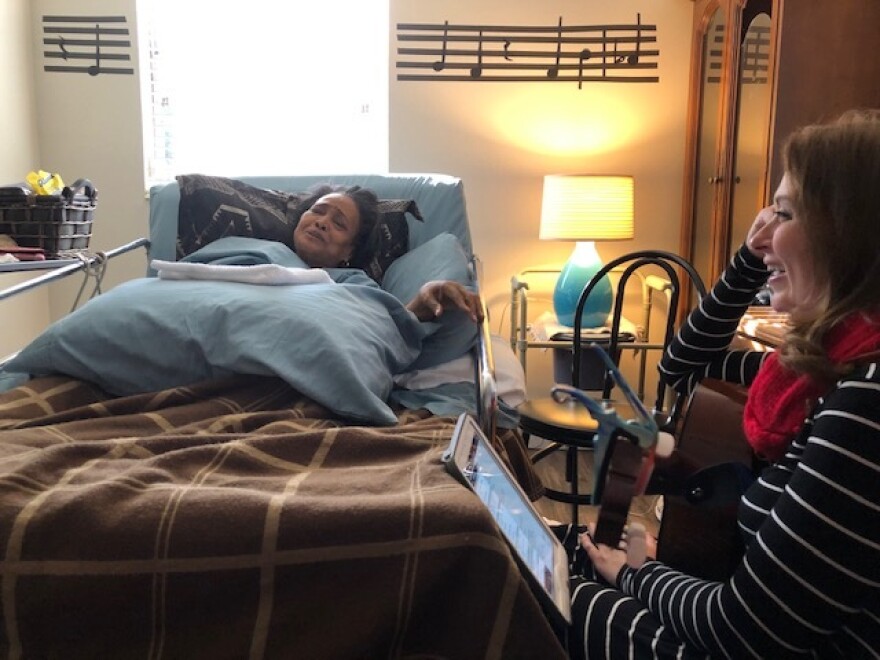Many people are crediting music — singing, listening or mixing — with getting them through the silence of the coronavirus pandemic. Music makers of different styles gathered in Durham for this year’s "Beats n Bars" festival. It was canceled last year because of the pandemic.

Devan "DEViANt Sounds" Dewalt of Greensboro says during the pandemic, he created some 300 beats. The piano player and beat-maker says he worked hard to be positive and creative during this time.
"Music is a way to communicate. It’s a real language," said Dewalt. "Music is becoming more and more important to be able to connect with people who don’t know how to connect anymore."
Millions of folks tuned in to dance and sing the COVID blues away during “Club Quarantine” on Instagram. Former First Lady Michelle Obama even participated, while DJ “D-Nice” played the right tunes to keep us connected with the world.
A recent report from the mental health resource site Verywell Mind titled "Music Helped Most of Us Get Through the Pandemic" found that 97% of surveyed respondents use music to help their mental health, including as an outlet to process or express difficult emotions. In the survey of more than 1,000 U.S. adults, 79% admitted they used music during the pandemic to cope.
A Choral Community
There are those of us who sing in the shower and then there are those who sing in choirs. The One Human Family Choir, based in Durham, has been performing together for more than 20 years. But during the pandemic — crickets. That was hard on choir Co-Founder Dilsey Davis.

"I think sometimes you don’t realize what you are missing, or what’s part of your life until it’s not there," said Davis. "I think that’s when I really started examining, 'OK, why am I not as happy?'"
Davis admits she was singing more around the house with her immediate family, but what she was missing was the joy of singing in a choir. Her community. She was even getting depressed.
"I was overwhelmed with everything going on with the pandemic and having the kids at home and trying to work from home," said Davis. "So the thing I lost in the process was singing."
Davis talks about this loss and then the coming back together of the choir in the new short film, "Now Let Us Sing." In the film, choir Director Cara Williams tries her best to direct singers via Zoom.
"It’s a hot mess!" said Williams. "It’s like singing into a vacuum. We can’t hear each other so we can’t feed off of each other. We can’t feel each other’s energy."
Eventually, Davis had each member of the choir record themselves separately, in order to follow social distancing rules. She then edited everyone together to make music, and this film.
"Now Let Us Sing" was selected by the Hindsight Project, illuminating the work of six Black, Indigenous and People of Color filmmakers in the South. It will be available July 29 on reelsouth.org, pbs.org and on the PBS app.

Hospice Music Therapy
The soothing, healing sound of music has been an important part of me and my family’s life during the pandemic. One year ago, my mother died of pancreatic cancer. We kept her in home hospice where we hoped Saundra Jean would be most comfortable.
My mother was not easily satisfied during her illness. Her body hurt and nothing tasted good anymore. The lemonade was not sweet enough and the vegetables were too salty.
But a calm came across the room when music was playing. She often listened to gospel great Yolanda Adams in the morning and then would round out her concert with the suave Johnny Mathis.
"You want to hear, 'Where Have All the Flowers Gone?' Do you like that one?" said Droessler, beginning to play.
My mother slowly laid back in her bed, closed her eyes, chin up — as in concert — and began to peacefully hum along. That was a good day.







